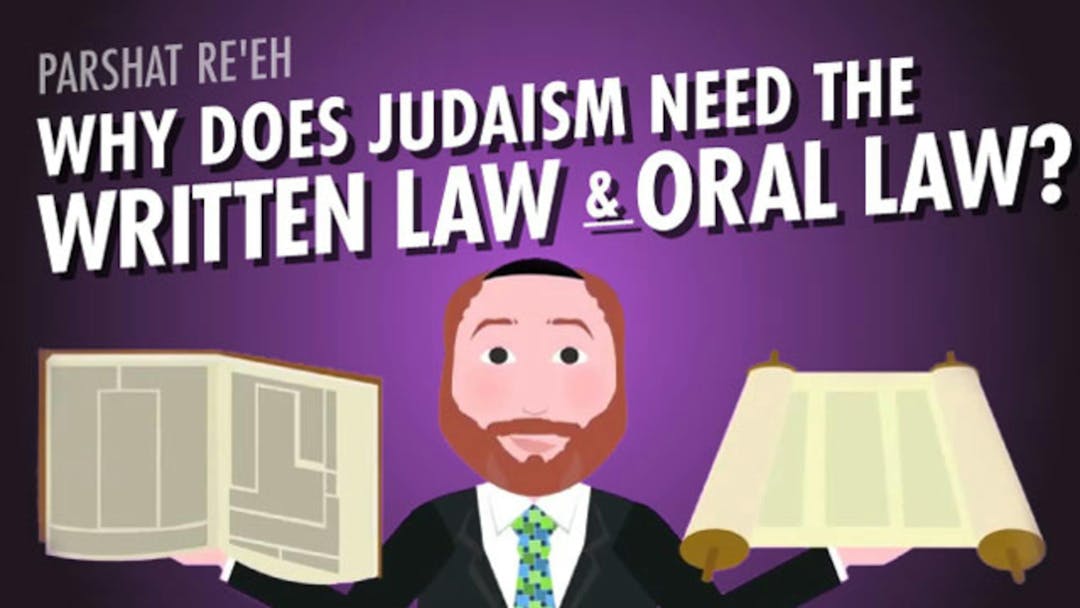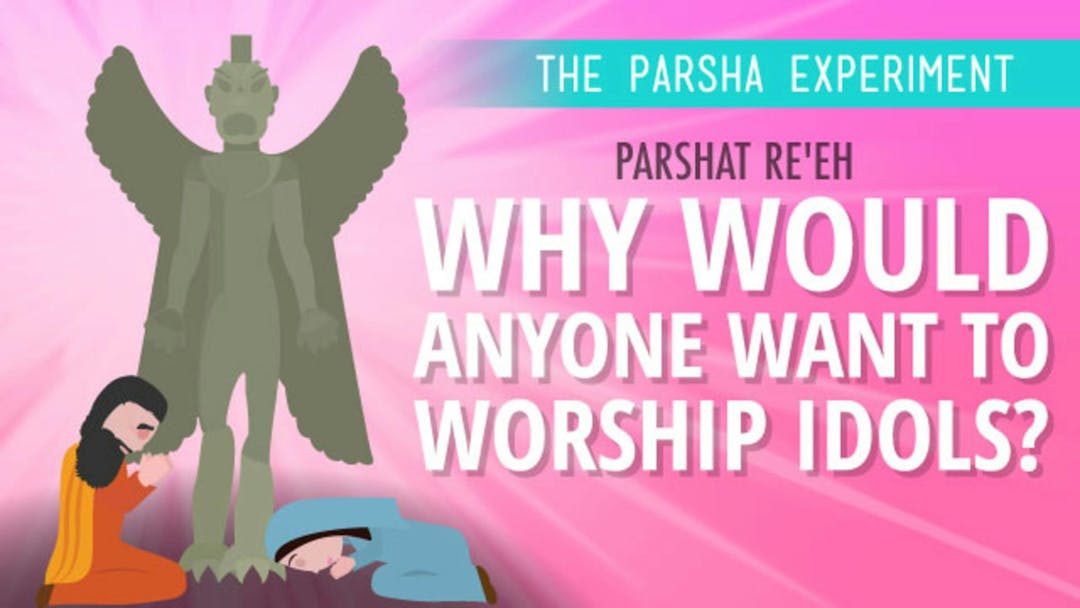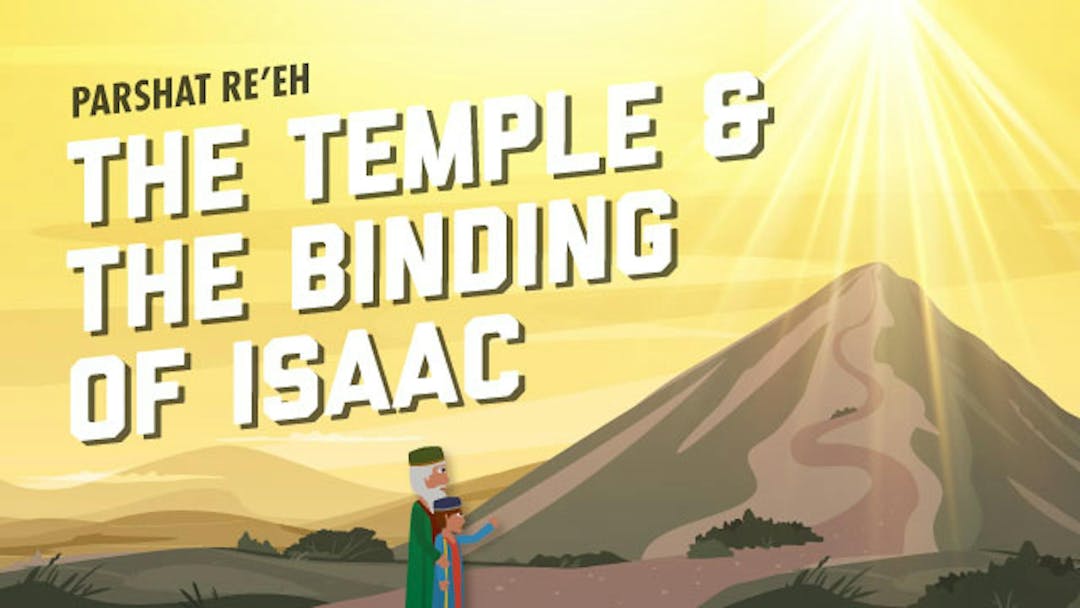Start your free trial today to unlock the full library and enjoy unlimited and uninterrupted access.
Get StartedSlavery and Psychology
Did God Play Mind Games With Our Egyptian Masters?
In this week's parsha, we are given the commandments relating to a Jew having a Jewish slave. The Biblical slavery laws in Deuteronomy seem strange: we give gifts to our slaves? If they want to stay, we must pierce their ear? It can be difficult to relate to these kinds of ancient Hebrew slavery laws, which hardly seem relevant thousands of years later. How are we supposed to understand these weird Jewish laws of slavery in a modern context?
Rabbi Fohrman goes through these oddities to show us that the Bible is reminding us of our own national slavery in Egypt. In doing so, he uncovers a modern guide on how we should also let go of those who work with us, with grace and empathy.
Want to watch the full video for free?
Enter your email and we’ll send you a link to watch the full series free.
What is Aleph Beta?
Aleph Beta is a unique kind of Torah library. Led by our founder, Rabbi David Fohrman, we are dedicated to high-level, textual Torah learning for adults that is intellectually and spiritually sophisticated, that enlivens your Jewish practice and helps you forge a deeper connection to God. Whether you’ve been learning in yeshiva for years or you’re just beginning your Torah journey, you’re sure to find something meaningful and surprising waiting for you here.
Browse our library of over 1,000 beautifully produced animated videos, podcasts, deep dive courses, and printable guides. Topics include the weekly parsha, Jewish holidays & fast days, laws & mitzvot, prayers, relationships, big philosophical ideas and more. Have something to say at the Shabbos table that will amaze your family and guests and bring deep meaning into their lives.











